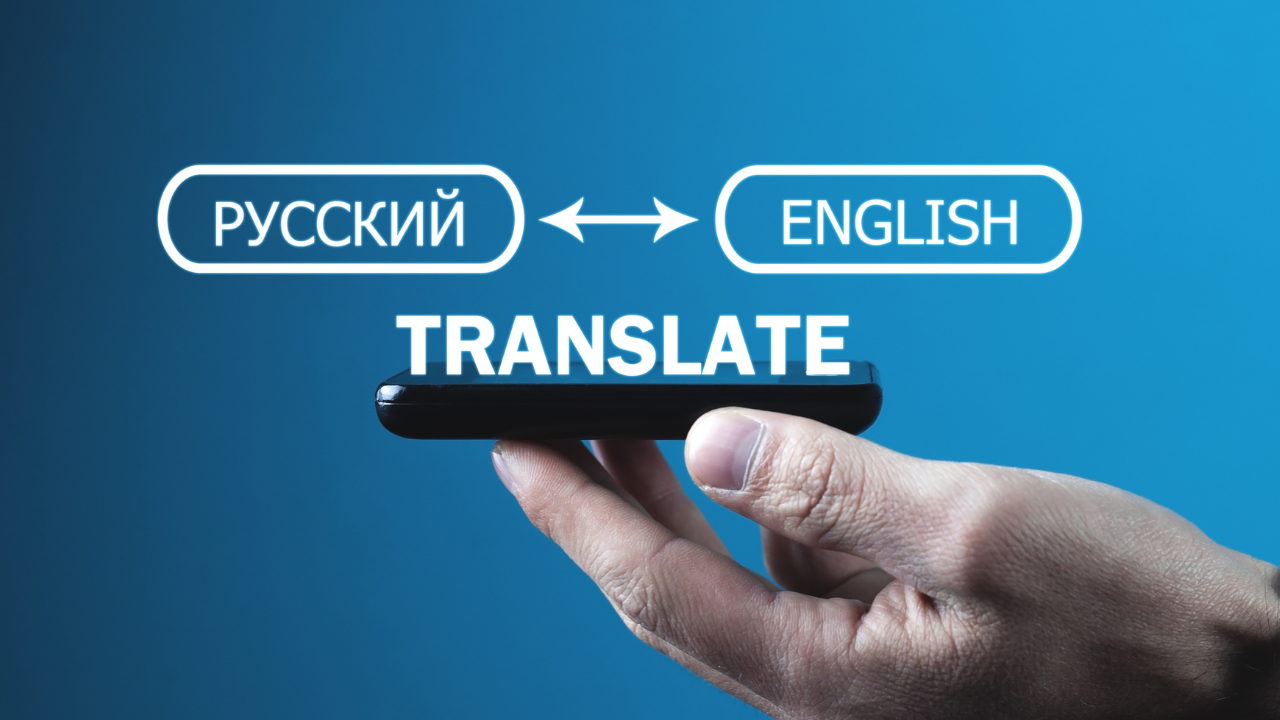
Master These 12 Remote Translator Skills to Get Hired Faster
Have you ever wondered what it takes to become a successful remote translator? In today’s digital world, translation jobs are more accessible than ever, but competition is fierce. Companies look for professionals who not only understand multiple languages but also possess specialized remote translator skills that set them apart.
If you’re passionate about languages and eager to build a career from anywhere in the world, mastering the right remote translator skills is crucial. From linguistic expertise to time management, we’ll dive into the top 12 skills you need to land translation projects consistently. Keep reading until the end for a special resource that can help you take your career to the next level!
1. Exceptional Language Proficiency

Being fluent in two or more languages is the foundation of any translator’s career. However, fluency isn’t just about knowing words—it’s about understanding cultural nuances, slang, idioms, and tone. Professional translators must ensure that their translations sound natural and contextually accurate.
A strong command of both the source and target languages enhances your remote translator skills and increases your chances of securing projects. To be successful, you need an advanced understanding of grammar, idioms, cultural context, and regional dialects.
How to Improve Your Language Skills:
- Read books, articles, and news in both your source and target languages.
- Watch films, tune into podcasts, and interact with native speakers.
- Take advanced language courses or certifications to refine your skills. The more you immerse yourself in a language, the more natural and accurate your translations will be.
2. Strong Writing and Editing Skills
Great translators are also great writers. Translation is not a word-for-word process—it’s about conveying meaning naturally while maintaining accuracy. This requires excellent writing, grammar, and editing abilities. One way to sharpen your remote translator skills is by practicing creative writing in your target language. This helps refine sentence structures and improves your ability to adapt content fluently. Additionally, proofreading and editing your work before submission ensures quality and professionalism.
How to Develop Stronger Writing Skills:
- Practice rewriting sentences in multiple ways to improve fluency.
- Study style guides to match the tone and voice of different industries.
- Use grammar and spell-check tools, but don’t rely on them completely. Editing is just as important as translating, so always review your work to eliminate errors and enhance readability.
3. Research and Analytical Abilities
A successful remote translator must be an efficient researcher. Not all translation assignments will be familiar, so you need the ability to quickly gather information on technical terms, industry jargon, and cultural contexts. Research skills are essential remote translator skills because they allow you to produce accurate and reliable translations.
How to Enhance Your Research Skills:
- Use specialized dictionaries and glossaries for industry-specific terms.
- Cross-check sources to verify the accuracy of your translations.
- Stay up to date with new terminology and evolving language trends. A translator who knows how to research effectively will always produce higher-quality work.
4. Cultural Awareness and Adaptability
Understanding cultural nuances is just as important as knowing vocabulary. Certain phrases and expressions may not have direct translations, requiring cultural adaptation to ensure the message is properly conveyed.
How to Strengthen Cultural Awareness:
- Stay updated on current events and cultural trends in your target markets.
- Interact with native speakers and immerse yourself in their cultural practices and traditions.
- Adapt content appropriately to avoid offensive or misleading translations. This is why cultural awareness is a vital part of remote translator skills. Adapting humor, formalities, and sensitivities in different regions ensures that your translation resonates with the intended audience.
5. Time Management and Organization
Remote translators often work on tight deadlines, juggling multiple projects at once. Strong time management skills are essential for remote work, especially when juggling multiple clients and deadlines. Without proper organization, translators can easily become overwhelmed.
How to Improve Time Management:
- Break large projects into smaller, manageable tasks.
- Set realistic deadlines and use productivity apps to track progress.
- Avoid multitasking—focus on one task at a time to maintain accuracy. Strong time management skills will help you meet deadlines without compromising quality.
Read also: 10 Tips to Get a Job in The Game Localization Industry
6. Attention to Detail

Accuracy is the foundation of quality translation work. Even a small mistake can change the meaning of an entire document.
How to Improve Attention to Detail:
- Double-check every translation for spelling, grammar, and punctuation errors.
- Compare your translation with the original text to ensure consistency.
- Give yourself short breaks while editing to maintain clarity and a sharp eye for detail. Meticulous translators who focus on detail are highly valued in the industry.
7. Mastery of Translation Tools and Software
Technology is an essential part of modern translation work. Knowing how to use CAT (Computer-Assisted Translation) tools and other software will boost your efficiency and accuracy.
Essential Tools for Remote Translators:
- CAT Tools: SDL Trados, MemoQ, Wordfast
- Grammar and Style Checkers: Grammarly, ProWritingAid
- Terminology Management: Xbench, Glossary databases These tools help improve efficiency, maintain consistency, and reduce repetitive work. Familiarity with machine translation post-editing (MTPE) is also becoming a valuable skill in the industry.
8. Adaptability to Different Writing Styles and Tones
Translators work with various types of content—marketing materials, legal documents, gaming scripts, and more. Being able to adjust writing styles depending on the content type is one of the most critical remote translator skills. For example, translating a legal document requires a formal tone, while a video game script demands a more creative approach. Practicing different writing styles helps you become a more versatile translator.
Ways to Stay Adaptable:
- Take online courses to learn about new translation techniques.
- Stay informed about industry trends and linguistic updates.
- Be open to feedback and use it as an opportunity to grow. Being a fast learner is a critical part of developing strong remote translator skills.
9. Strong Communication Skills
Although translation work is mostly independent, communication remains a key factor in remote jobs. You need to interact with clients, clarify project details, and sometimes collaborate with other translators or editors.
Tips for Better Communication:
- Clarify project details and expectations before starting work.
- Respond to emails and messages promptly and professionally.
- Be open to revisions and constructive feedback. Developing excellent communication as part of your remote translator skills ensures smooth project execution and avoids misunderstandings. Always be clear, professional, and responsive when working with clients.
10. Ability to Work Under Pressure
Translation deadlines can be demanding. The ability to work efficiently under pressure without compromising accuracy is a key skill.
How to Improve Your Ability to Handle Pressure:
- Practice working with time constraints to build speed.
- Use stress management techniques like deep breathing or time blocking.
- Prioritize tasks effectively to avoid last-minute rushes. Keeping calm under pressure will help you deliver high-quality translations consistently.
Read also: Best Indonesian Localization Company for Your Game
11. Specialization in a Niche
General translation work is competitive, but specializing in a specific field can set you apart. Medical, legal, technical, and gaming translations are in high demand.
How to Find Your Niche:
- Identify industries that interest you and where demand is high.
- Gain certifications or take specialized courses.
- Build a portfolio showcasing your expertise in a specific field. Becoming an expert in a niche will make your remote translator skills more valuable.
12. Confidentiality and Ethical Responsibility

Translators often handle sensitive information, from legal documents to business contracts. Maintaining confidentiality and following ethical guidelines is crucial.
How to Uphold Professional Ethics:
- Follow non-disclosure agreements (NDAs) and confidentiality clauses.
- Avoid using machine translation for confidential documents.
- Never alter the meaning of a text to fit personal opinions or biases. Trustworthiness is one of the most valued remote translator skills in the industry.
Ready to Elevate Your Remote Translation Career?
Mastering these 12 remote translator skills can boost your chances of getting hired and building a successful career. Whether you’re a beginner or an experienced translator, continuously improving your skills is the key to staying competitive. For more insights into localization, voice acting, gaming, and translation, follow Digital-Trans Asia. Need expert localization services for your business? Contact us today to see how we can help!
Ready to take your remote translation career to the next level? Visit https://digital-trans.asia/ to learn more about our services. Contact us today to get started!